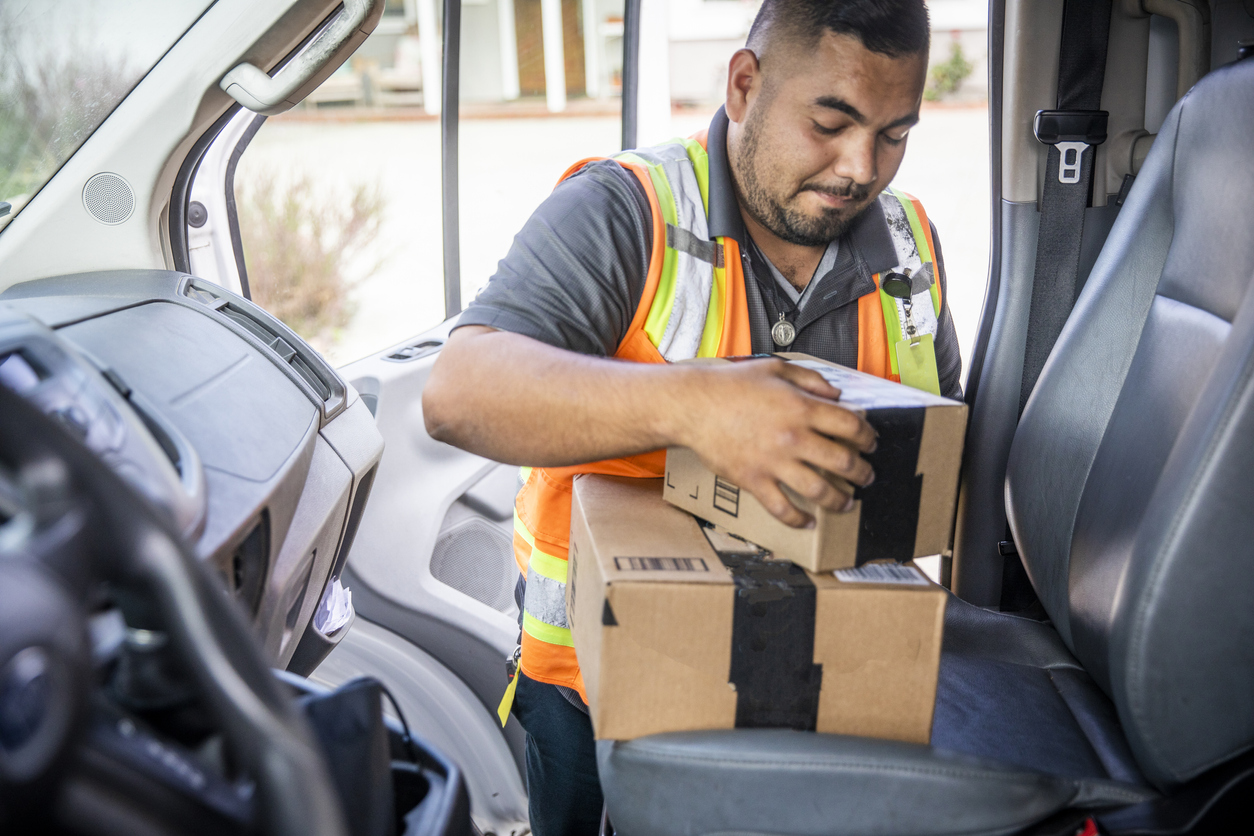OAKLAND, CA — Today, the Bay Area Equity Atlas released an analysis of essential workers in the nine-county Bay Area region, finding that Latinx, Black, Filipinx, women of color, and immigrants are disproportionately represented in this workforce. Essential workers — grocery clerks, farmworkers, bus drivers, construction workers, janitors, healthcare workers, delivery drivers, and more — are on the frontlines of this pandemic, and many are working in high-risk conditions without appropriate personal protective equipment, safety standards or workplace protections, and with low pay and few benefits. Recent reports indicate that essential workers are at high risk of contracting COVID-19 and are particularly vulnerable to its economic impacts.
There are an estimated 1.1 million essential workers in the Bay Area region, comprising 28 percent of all workers in the region. Our analysis of Bay Area’s essential workforce, based on data provided by the Center for Economic and Policy Research (CEPR), finds that:
- Economic vulnerabilities: Economically insecure workers are concentrated in frontline essential jobs: 35 percent of workers living in households at or below 200 percent of poverty are essential workers compared with 26 percent of those in higher-income households. Frontline workers are more likely to live in or near poverty, rent rather than own their homes, pay too much for housing, have limited English proficiency, lack US citizenship, care for children and/or seniors at home, and lack internet access compared to non-frontline workers.
- Workers of color are 58 percent of Bay Area workers, but account for 66 percent of essential workers. Latinx workers make up 22 percent of workers in the region, but account for 31 percent of all essential workers and 67 percent of workers in building cleaning/waste management and 63 percent in agriculture. Black workers represent five percent of the region’s workers and 6 percent of essential workers, but account for 23 percent of public transit workers.
- Women of color are 27 percent of the region’s workers but account for 33 percent of essential workers. Latinas are ten percent of the region’s workers but 37 percent of building cleaning services and waste management workers. Asian and Pacific Islander (API) women are 13 percent of the region’s labor force, but 25 percent of workers in the healthcare industry and 21 percent of childcare and social services workers. Black women are three percent of the region’s workers but 11 percent of public transit workers and eight percent of childcare and social services workers.
- Immigrants make up 37 percent of the region’s workers, but account for 43 percent of essential workers.
- Within the API population, Filipinx workers are 22 percent of all API workers but 35 percent of API essential workers and 47 percent of API healthcare workers, Chinese workers are 33 percent of all API workers but 53 percent of API construction workers, and Vietnamese workers are ten percent of API workers but 15 percent of API construction workers.
- Health insurance: Over 15 percent of frontline workers in industries including agriculture, domestic work, construction, and building cleaning services/waste management are uninsured. Eight percent of all frontline workers are uninsured, compared to six percent of the region’s workers overall.
“Frontline workers are risking their health and safety to perform jobs like ringing up our groceries, cleaning hospital rooms, and driving buses. These critical jobs integral to the Bay Area region are overwhelmingly filled by an immigrant or a person of color. More must be done to protect these workers and their families,” said PolicyLink Senior Associate Jamila Henderson. “Our policymakers must prioritize equitable recovery strategies to eliminate the racial and economic inequities that have become so glaring during this pandemic.”
“Centering racial equity is key to a sustainable and prosperous economy,” said Dr. Manuel Pastor, Director of the USC Program for Environmental and Regional Equity and a member of the Governor Newsom’s Task Force on Business and Jobs Recovery. “The current COVID crisis – in which the frontline workers who keep us all moving forward are predominantly immigrants and people of color, particularly women of color – makes that point crystal clear. Public health policy teaches us that we protect ourselves when we protect everyone. Designing economic solutions that lean toward equity, that stress worker and community voice, and that seek to repair long-standing disparities are key to forging a Bay Area that works for all of us.”
“Essential workers are the people keeping us safe and nourished while at the same time risking their own health and the health of their families. This pandemic provides a clear example of how investing in the wellbeing of low-income people of color and immigrant workers benefits our entire region, both now and after this crisis is over,” said Fred Blackwell, CEO of the San Francisco Foundation.
Employers and government at all levels must take action to ensure that essential workers are safe and economically secure. Employers should provide safe working conditions, paid sick leave, hazard pay and living wages, and allow workers to organize to ensure their rights are protected. Bay Area cities and the state government should pass policies that ensure paid sick leave for all workers (including gig workers), free testing, affordable health care and treatment, and safe housing for all. The Essential Workers Bill of Rights proposed by Senator Elizabeth Warren (D-MA) and Representative Ro Khanna (CA-17) covers many of these needs, and economic justice advocates in California have proposed a state-level Essential Workers Bill of Rights that would also protect immigrant workers from ICE raids and deportation.
For media interviews or for personal stories of directly impacted essential workers, please contact Courtney Holsworth at cholsworth@rabengroup.com or (989) 572-8162.
###
About the Bay Area Equity Atlas
The Bay Area Equity Atlas is a comprehensive data support system to track the state of equity across the region and equip community leaders with data to inform solutions for inclusive prosperity. The Atlas is produced by the San Francisco Foundation, PolicyLink, and the USC Program for Environmental and Regional Equity (PERE). For more information, visit bayareaequityatlas.org.


